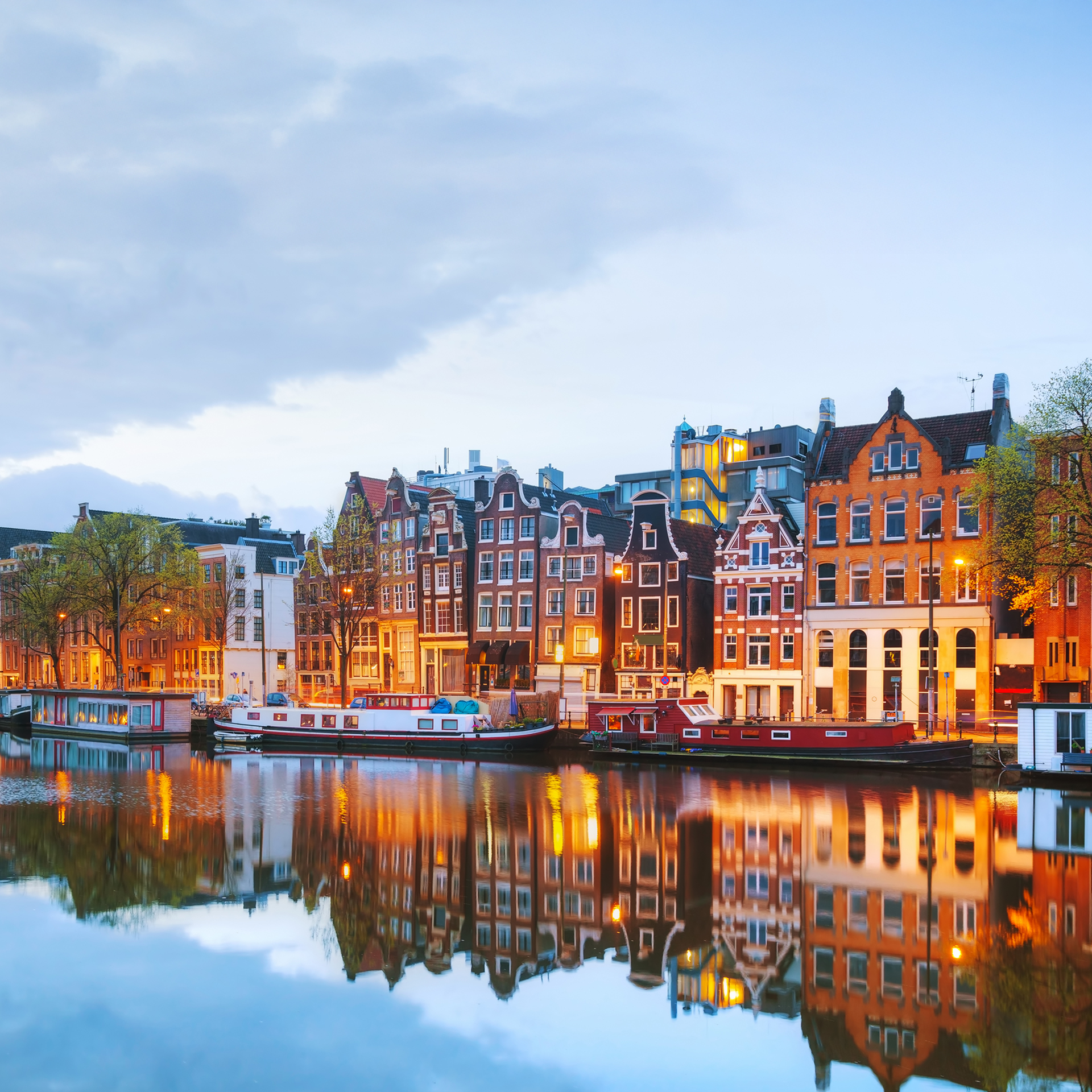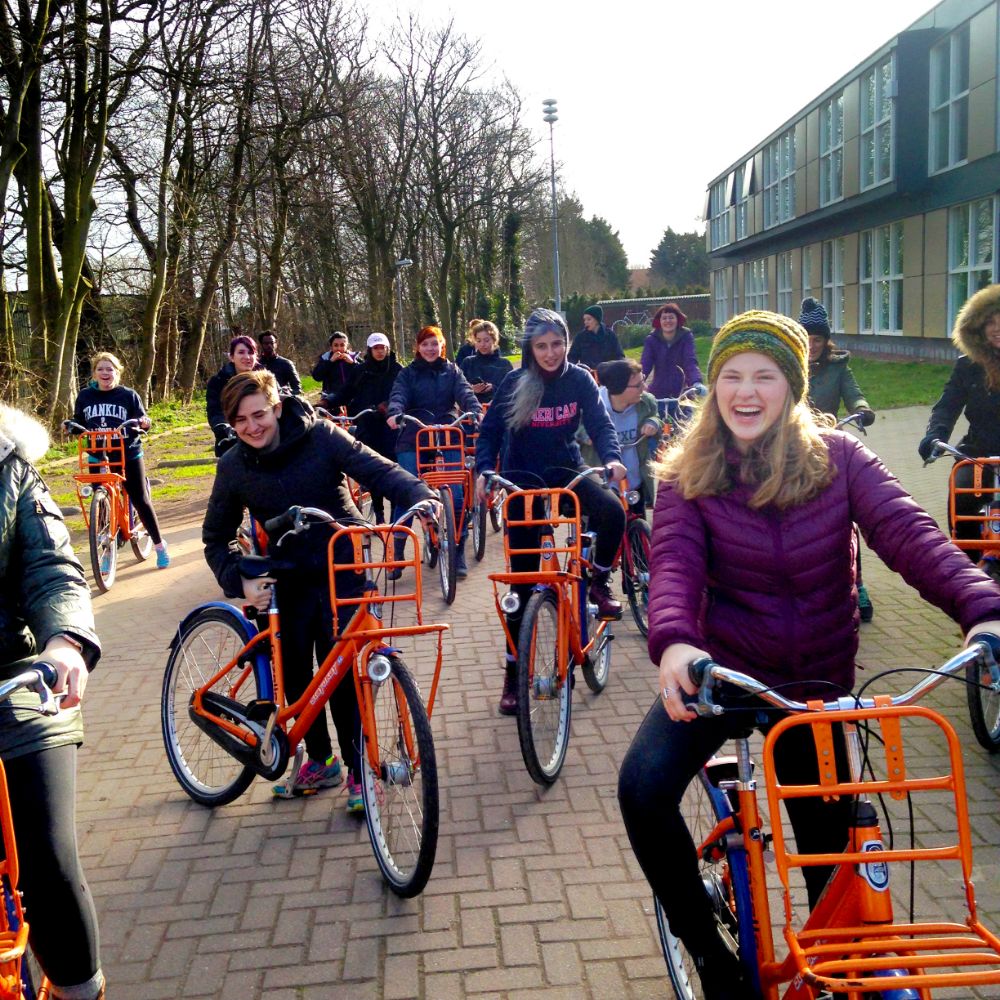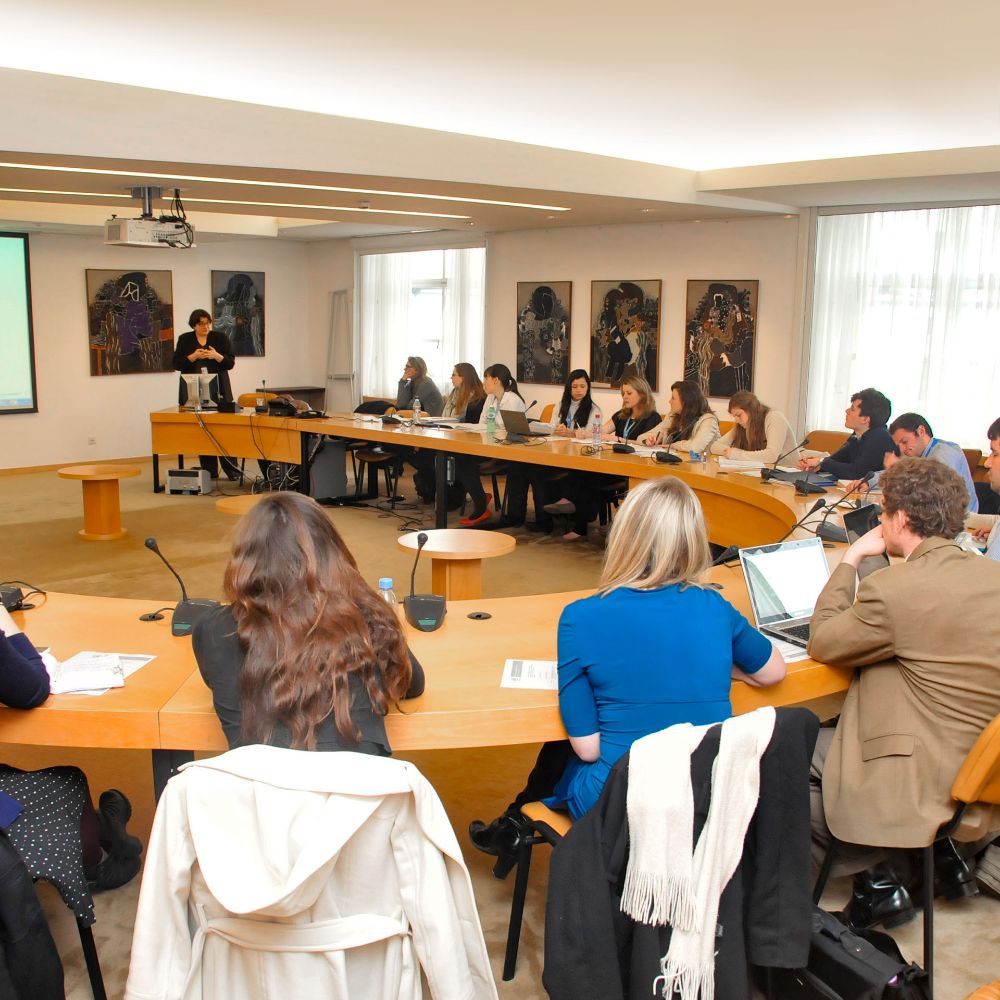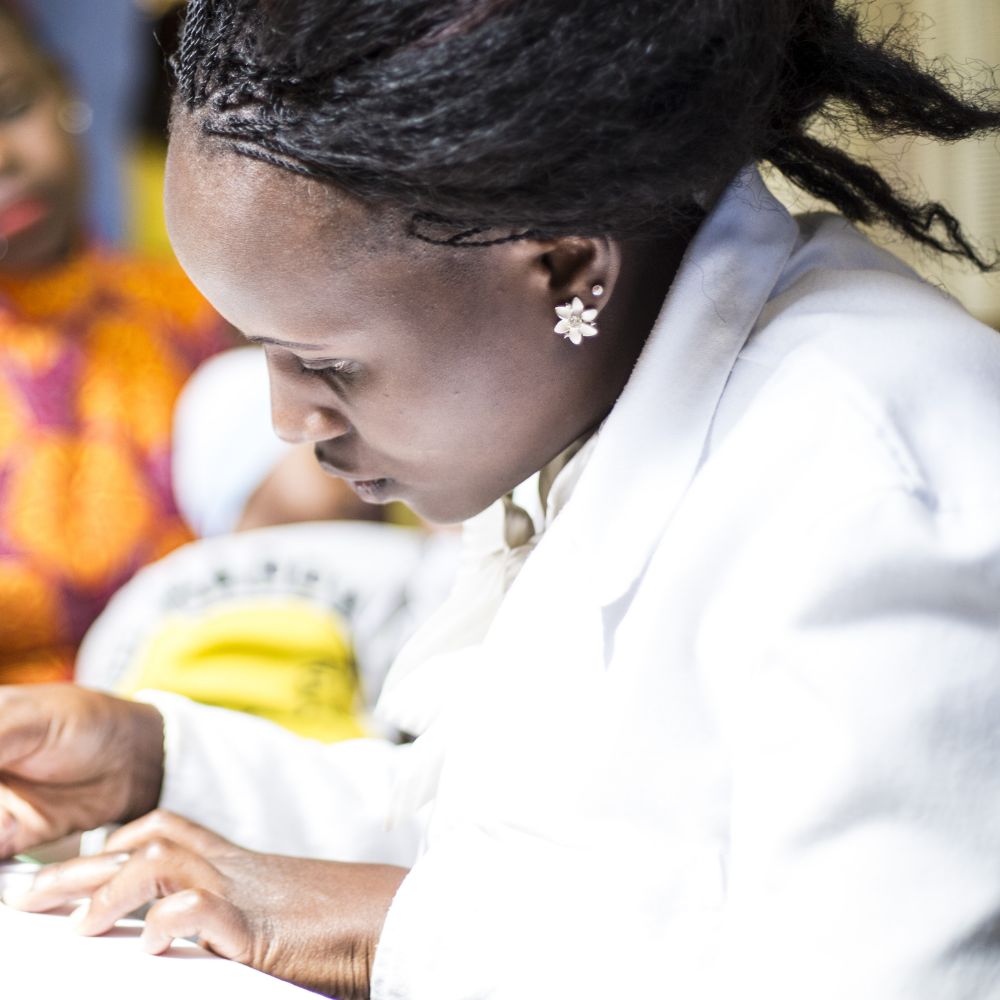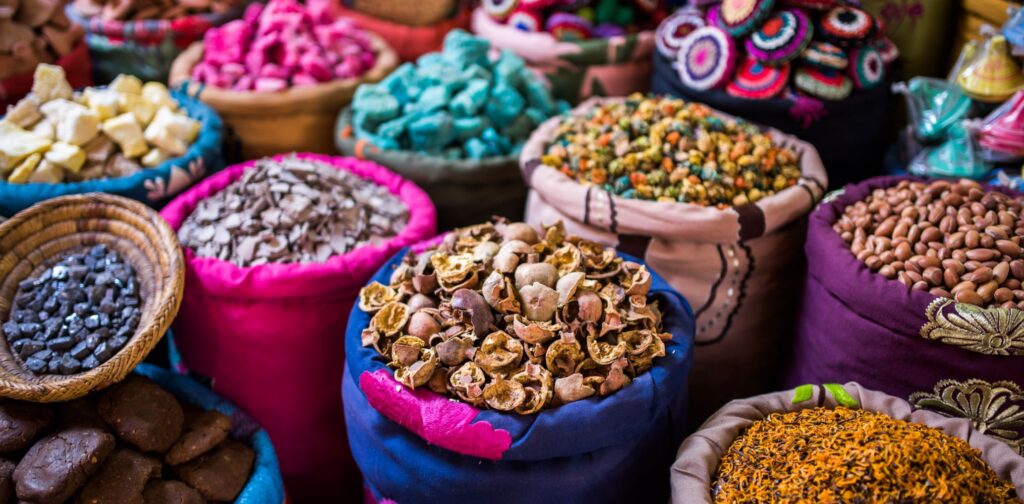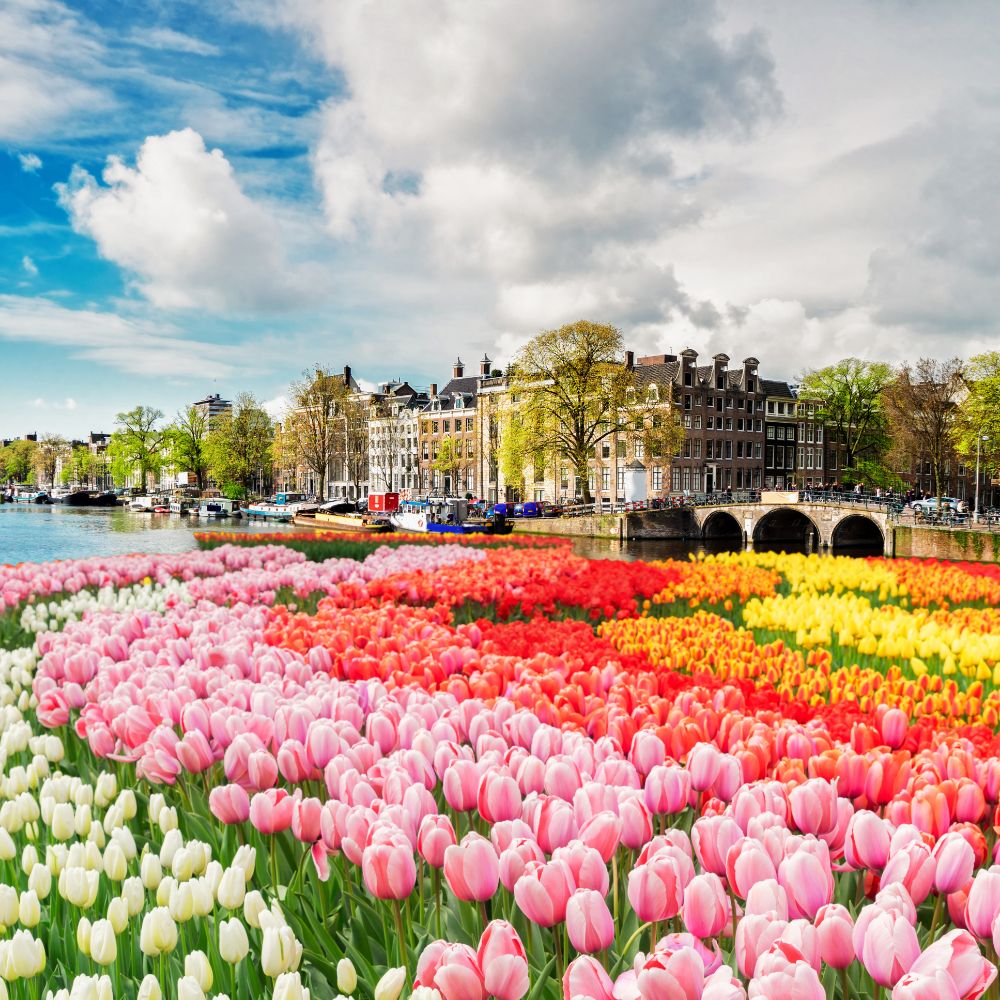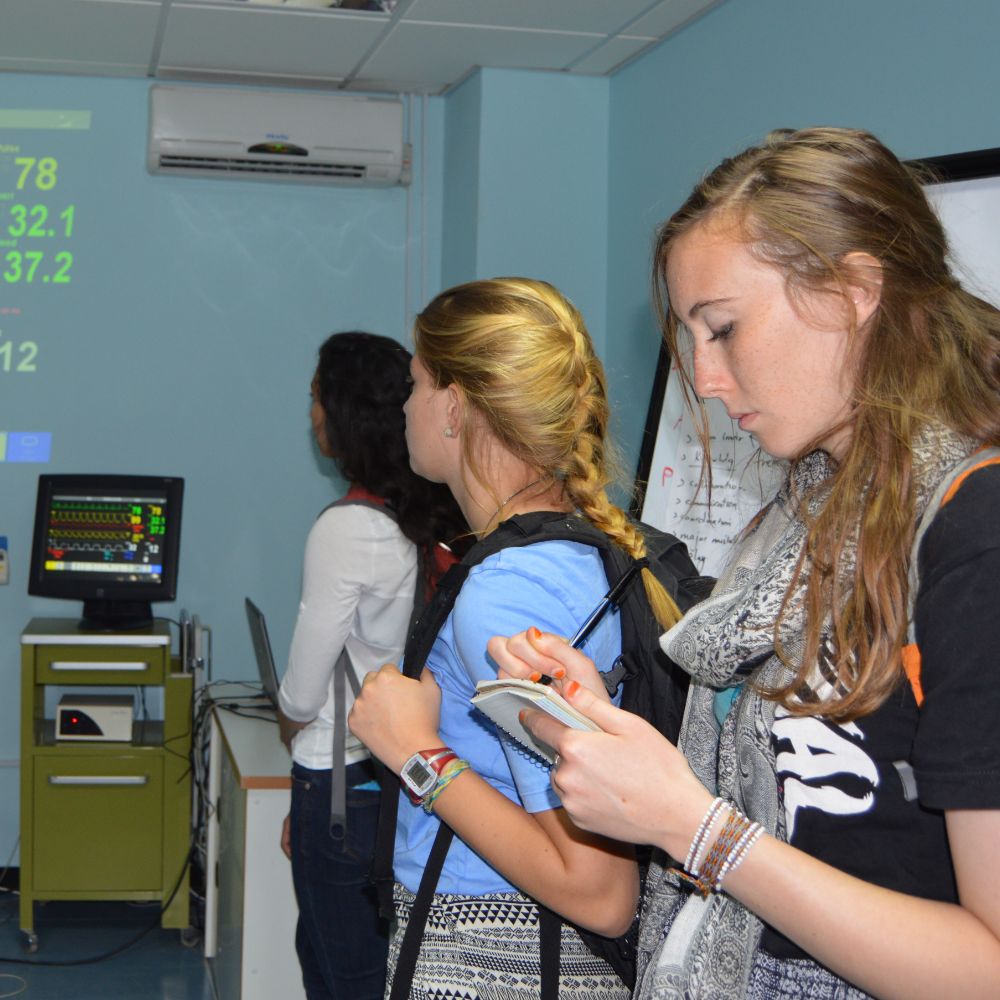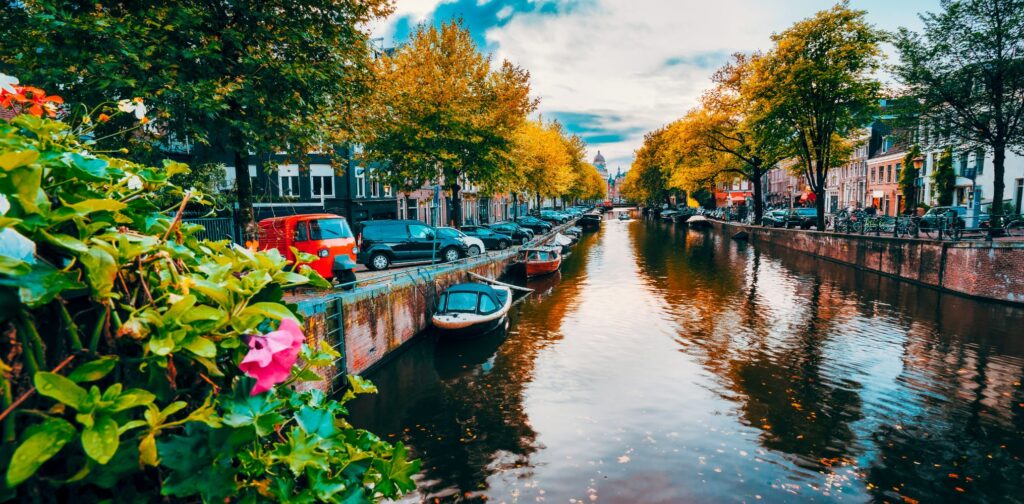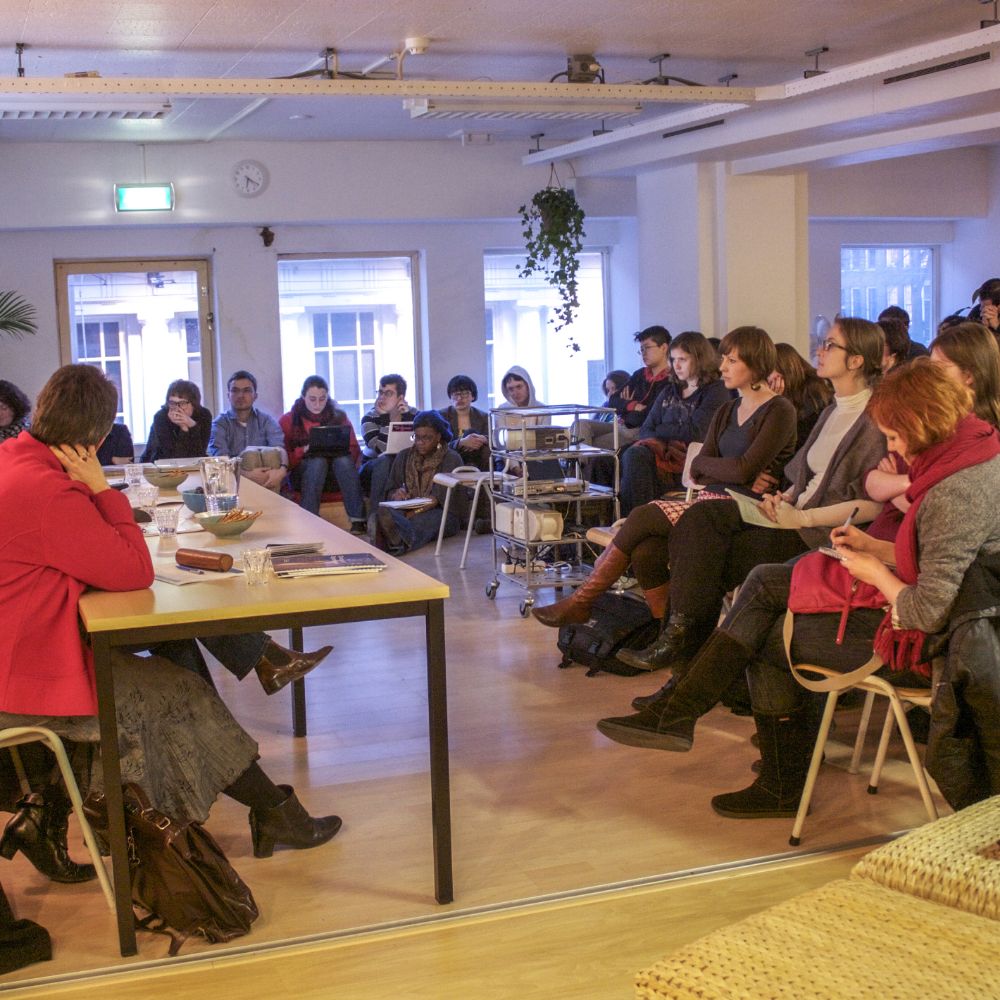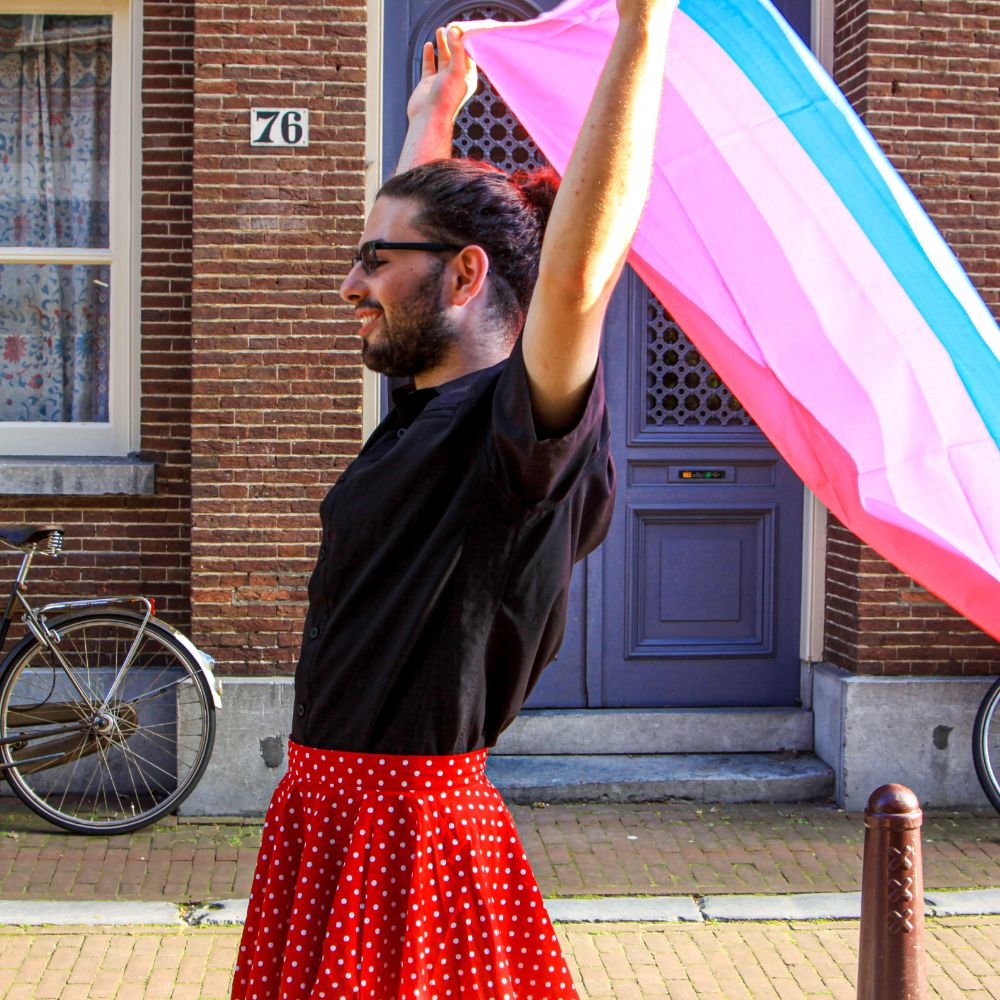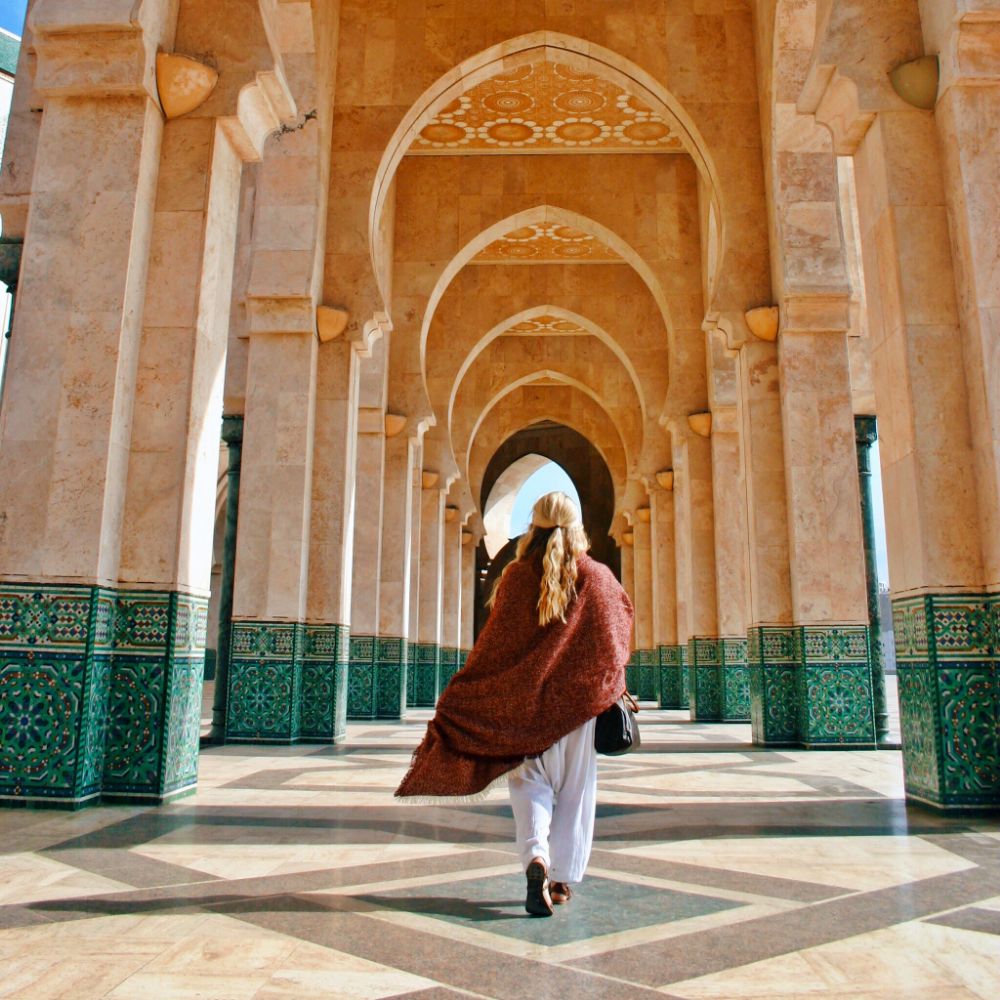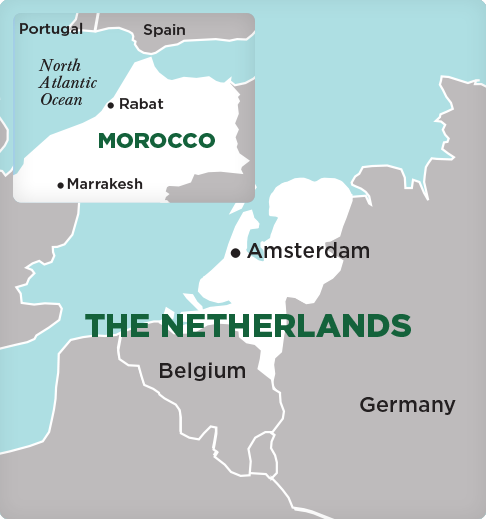Elective Options, choose 1 of 4:
- From Public Health to Healthy Publics: Comparative Strategies for Care in Europe (Health Track)
- Water Management and Urban Sustainability in Amsterdam (Sustainability Track)
- A Country Out of Sorts: Migration Politics and Policy in the Netherlands (Migration Track)
- Dutch Art and Culture: From van Gogh to van Buuren, and from the Canvas to the Screen (Culture Track)
From Public Health to Healthy Publics: Comparative Strategies for Care in Europe – syllabus (Health Track)
(IPBH3060 / 3 credits)
While healthcare delivery is a critical aspect of any health system, a healthy society depends on public health initiatives that prevent disease and promote health at a larger scale. This course examines the evolving relationship between public health and care, focusing on community strategies for promoting well-being and addressing health inequities. After providing students with an in-depth overview of the Dutch healthcare system (and the ways in which it is similar to – and differs from – the systems in place in neighboring and peer countries in Europe), this course will explore how community-based and community-led organizations and initiatives employ strategies of harm reduction, mutual aid, and solidarity to fill the gaps that exist in the formal healthcare system.
Water Management and Urban Sustainability in Amsterdam – syllabus (Sustainability Track)
(ENVI3060 / 3 credits
If the history of the Netherlands runs parallel to – and can be mapped onto – the country’s shifting approaches to water management, then the development of its capital city represents a case study for foregrounding water management in the design of a sustainable city. Against the backdrop of rising sea levels and the increasing frequency of extraordinary weather events, this course will examine both how the Netherlands’ long history of managing and redirecting water (culminating in the Delta Works project in particular) has impacted the historical development of the city of Amsterdam writ large, and how the city has more recently leveraged the ubiquity of water in an effort to create a sustainable city.
A Country Out of Sorts: Migration Politics and Policy in the Netherlands – syllabus (Migration Track)
EURO3060 / 3 credits
Like many other countries in Europe (and around the world), the political landscape of the Netherlands has been restructured – and reconstituted – around the issue of migration. In this course, students will interrogate how both the real and perceived effects of global mobility movements have reshaped Dutch politics, and have led, especially, to the rise in popularity of anti-immigration sentiment and ethno-nationalist political ideologies and parties.
Dutch Art and Culture: From van Gogh to van Buuren, and from the Canvas to the Screen – syllabus (Culture Track)
ARTS3060 / 3 credits
For a small country, the Netherlands plays an outsized role in the annals of art history. From the Flemish Primitives (such as van Eyck) to their 16th-century counterparts (such as Bosch and Bruegel) and the so-called “masters” of the 17th-century (which produced such luminaries as Rembrandt and Vermeer), the Netherlands is well-represented in standard art history texts. While this course will chronicle those key moments in the historical development and rise to prominence of Dutch art, it will both expand the traditional canon (which is often synonymous – and populated only – with Dutch male White painters), and study contemporary forms of art produced in the Netherlands that move beyond visual art, and rival their predecessors in terms of their popularity and genre-defining influence. In particular, this course will trace the development of electronic dance music (or EDM), a genre of music that was originated and made popular by Dutch artists (such as Armin van Buuren, Martin Garrix, and Tiësto), and the burgeoning role of the Netherlands in the European and global film landscape.


